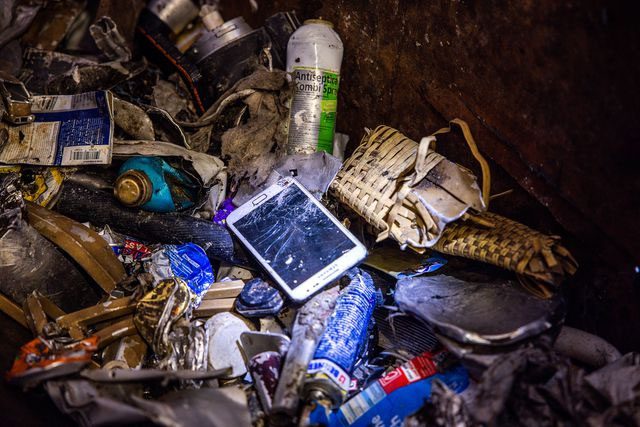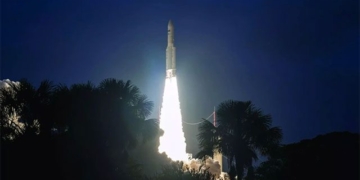Regarded as a green energy solution for the future, lithium-ion batteries are becoming increasingly popular. However, few are aware that behind their “environmentally friendly” facade lies the potential risk posed by “forever chemicals.”
Green Energy and Hidden Dangers
Lithium-ion batteries are ubiquitous, found in smartphones, laptops, electric vehicles, and renewable energy storage systems. Their convenience and efficiency significantly contribute to the global green energy revolution. However, a recent study has raised alarms about the potential of lithium-ion batteries to be a source of “forever chemicals”—substances that pollute soil and water sources. The research indicates that bis-FASI, a type of “forever chemical,” is leaking into the soil and water surrounding battery manufacturing facilities and landfills. This raises an urgent question: Are we trading environmental health for green energy?

Lithium-ion batteries pose environmental pollution risks due to PFAS use.
Bis-FASI – The Dark Side of Battery Technology
While considered a green solution, lithium-ion batteries pose environmental pollution risks due to the use of PFAS, specifically bis-FASIs, in the production process. Bis-FASIs are a subclass of PFAS used as electrolytes and binders in lithium-ion batteries. This chemical is highly stable in the natural environment, difficult to break down, and can persist for long periods, leading to unpredictable harm. The study found alarming concentrations of bis-FASIs, reaching parts per billion (ppb), in soil, water, and sediment samples near manufacturing plants. Although this level of pollution is lower than that associated with firefighting foam leaks (which typically occur at parts per million levels), it still far exceeds the limits set by the U.S. Environmental Protection Agency (EPA) for PFAS in drinking water (4 parts per trillion).
Taking Action to Protect the Future
In light of the concerns regarding the impact of “forever chemicals,” experts are calling for immediate action to prevent pollution risks from lithium-ion batteries. Some companies, such as 3M, have committed to eliminating PFAS from their production processes and addressing pollution at their facilities, including ceasing the production of bis-FASIs. However, many other manufacturers have yet to take specific action. Scientists are working diligently to research methods for treating PFAS pollution in drinking water while also investigating the long-term impacts of bis-FASIs on human health and the environment. Professor Jennifer Guelfo, the lead author of the study, emphasizes: “Instead of waiting for decades of toxicological research to propose solutions, we should proactively mitigate the risks from PFAS right now.”




















































